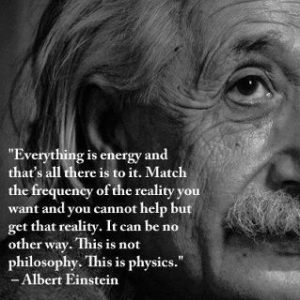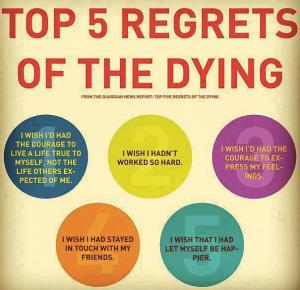Age Wise!
A multifaceted approach to living a happy, healthy and fulfilling life after 60.
LEARNING FROM THE EXPERTS
Our general approach to life is more important to healthy ageing than our specific behavioural, dietary or environmental habits or conditions. The consensus of Dilt’s ‘experts’.
All too often with health issues, the approach is to focus on what has gone wrong – for example, in the case the symptoms of dementia and associated problems with the structure and functioning of the brain – and come up with ways we believe this could be prevented or overcome.
Studies have been done to collect statistical data on communities and individuals within other communities who reach unusually advanced ages in good physical and mental health. For example, people in the Blue Zones typically live to 110, still working in the fields and mentally fine. Dementia is unheard of. And we all know of individuals in our own communities who live a long and vital life and are ‘bright as a button’ mentally too.
The gathered statistics show correlations between certain genetic, lifestyle, nutritional, behavioural, personality and social factors. Although they can’t prove any causal links. From them, we can build a picture of the lifestyle and personality of the active, healthy 90 year old as ‘a happy, flexible person with a moderate, balanced lifestyle and harmonious social relationships’.
But what do the experts on ageing see as the key to their success? Dilts and Hollander (1988) carried out an in depth study to find out. When asked they all agreed that it was their general approach to life that was crucial.
Their study used NLP (Neural Linguistic Programming) techniques and interviews to determine the specific psychological processes involved in living a long and vital life. They deliberately chose their 4 ‘experts’ to be as different as possible in terms of their social backgrounds and personalities. They were all in their 80s, in good physical & mental condition, living independently with an active lifestyle and contributing to their communities.
They discovered that people can be quite different in their life history, personality, beliefs and cognitive strategies yet all grow old vitally and happily. They didn’t conform to all the accepted correlations. All had lost their partners at a young age; all had gone through the war and faced difficult and traumatic changes. It was their approach to these experiences that seemed to make the difference – supporting the power of the mind–body interplay in healthy ageing.
They summarised their similarities in their:
Six Steps to a Long and Vital Life
1. Look at the bright side and have a good sense of humour.
2. Keep moving but never leave a part of yourself behind.
3. Stick to who you are and what you want.
4. Value relationships and learn from different people.
5. Move towards a positive future.
6. Sing.
Other significant similarities included Flexibility – being able to roll with the punches; their sense of identity as a healthy person – and ill health as something to get over. All believed there were no significant differences between being young or old except that age is a benefit – allowing them to do things that they couldn’t have done as a young person; that you had to work for it and it was worth it. All felt they were useful to others; all had a relationship with the spiritual, religious or otherwise.
Most importantly and excitingly, the authors devised a practical application for the information gathered – a timeline process incorporating various other NLP techniques. This enables people to install the beliefs and strategies of these vital elderly people into themselves and to replace their own unhelpful ones. All of this forms part of the Age Wise! programme.

